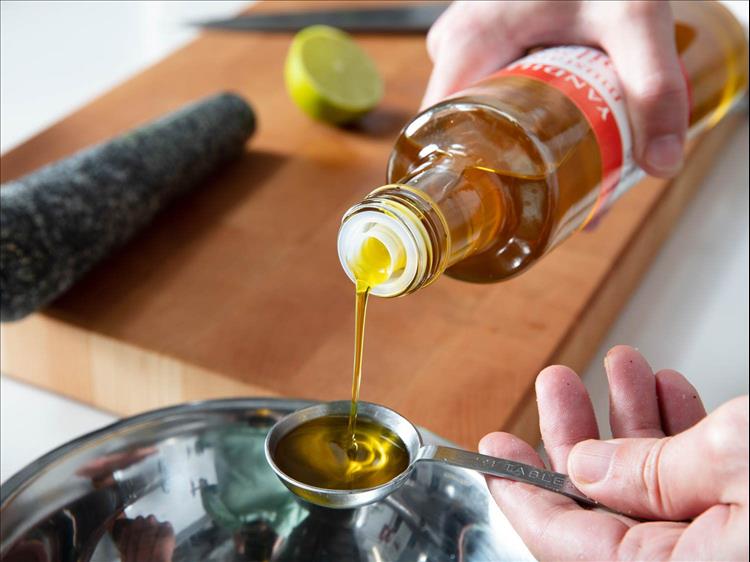
Kashmir May Need To Rethink Mustard Oil: Study Flags Heart Risks
Representational Photo
By Amaar Mir
Kashmiri kitchens have long prized the pungent flavour of mustard and rapeseed oils. Families drizzle it over vegetables, cook meat in it, and consider it essential to traditional meals.
But now, a new international study warns that these staples may carry a hidden risk: erucic acid, a fatty acid naturally found in these oils, can build up in the heart and trigger serious cardiovascular problems over time.
Researchers, with significant contributions from U.S. institutions, found that when erucic acid exceeds three percent of the total fatty acids in cooking oils, it can cause myocardial lipidosis.
This condition leads to fat deposits in the heart muscle, weakening its ability to pump blood and raising the risk of chest pain, heart failure, and sudden cardiac arrest.
“The long-chain structure of erucic acid makes it hard for the heart to process,” explained Dr. Jane Williams, a cardiologist who reviewed the findings.“Even otherwise healthy individuals can develop complications if they consume these oils regularly over years.”
The implications for Kashmir are significant.
Mustard oil remains a dominant cooking oil in the valley, especially in rural households. Studies suggest regions with high consumption of unrefined mustard or rapeseed oil have higher rates of heart-related illnesses.

Legal Disclaimer:
MENAFN provides the
information “as is” without warranty of any kind. We do not accept
any responsibility or liability for the accuracy, content, images,
videos, licenses, completeness, legality, or reliability of the information
contained in this article. If you have any complaints or copyright
issues related to this article, kindly contact the provider above.

















Comments
No comment